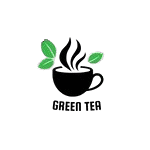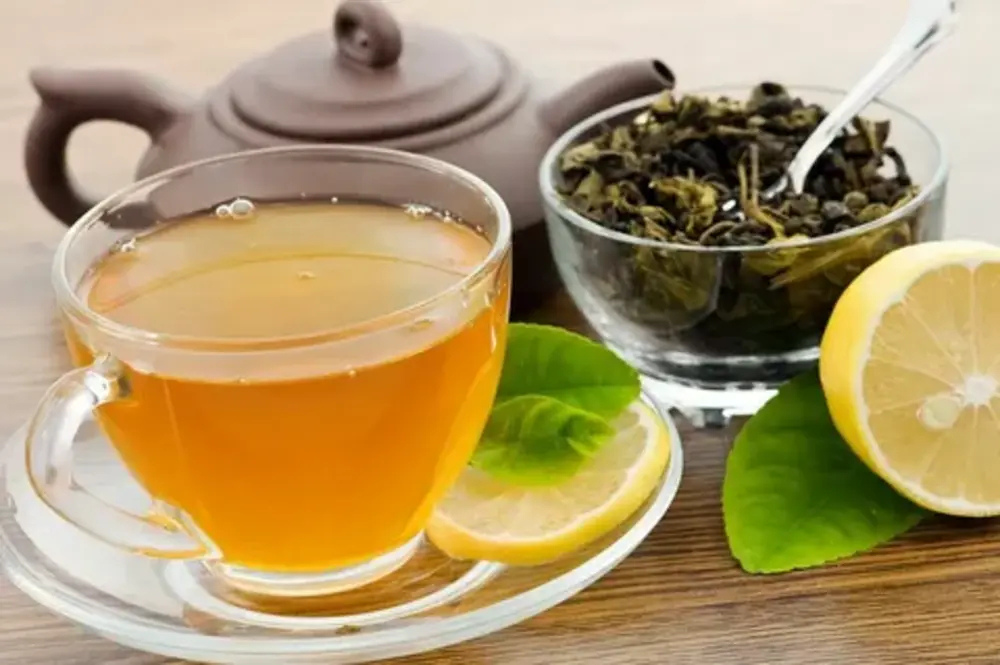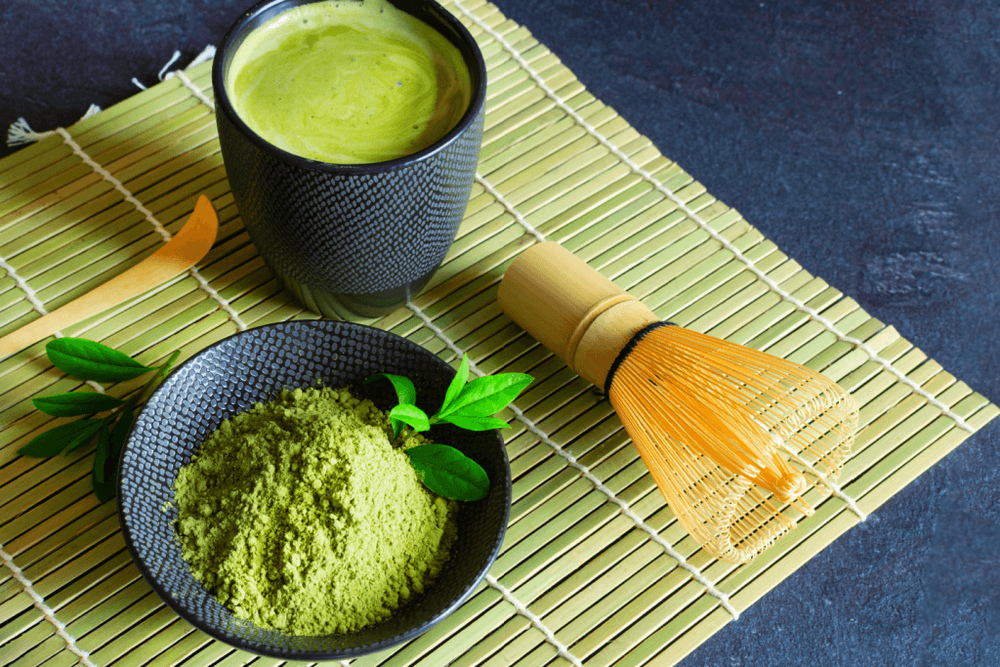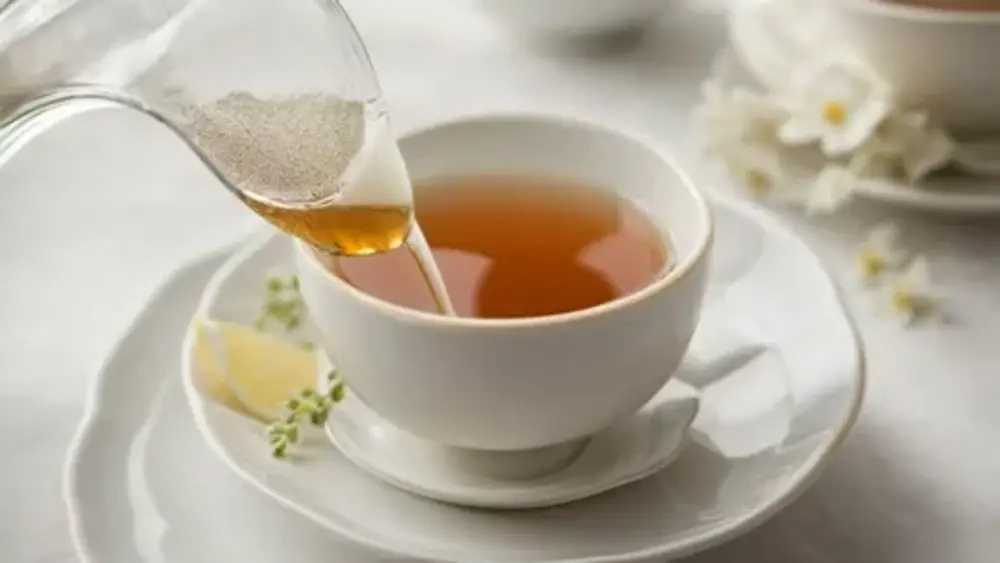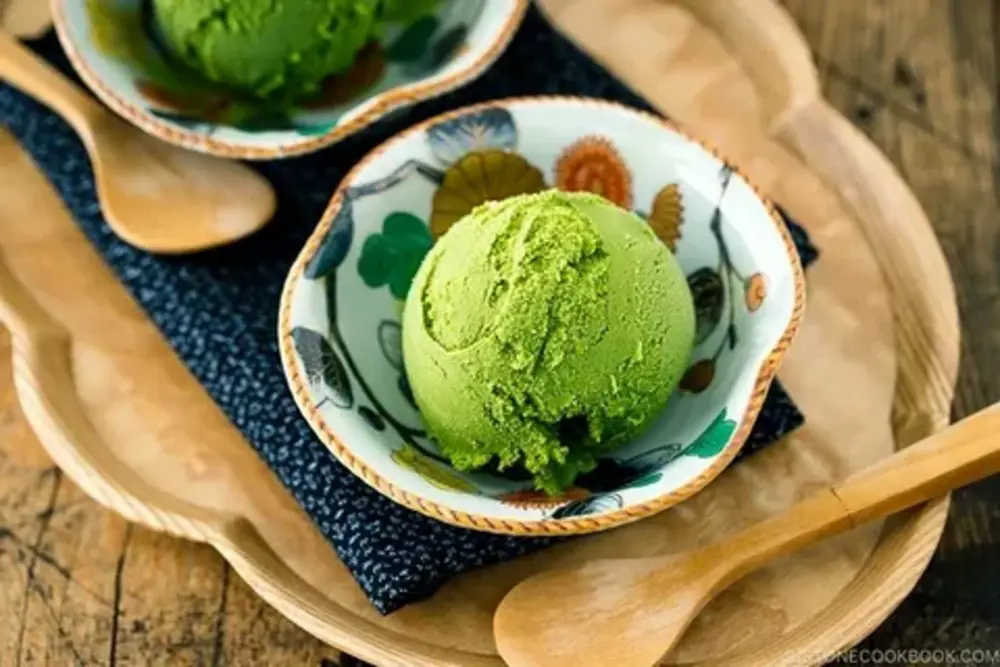Wondering if green tea is considered an herbal tea? Learn the key differences between true tea and herbal infusions, plus health and brewing insights.
Is Green Tea Considered an Herbal Tea
If you’ve ever heard someone say “green tea is an herbal tea,” you may have wondered: is green tea considered an herbal tea? It’s a reasonable question, especially since many store shelves lump green tea, chamomile tea and peppermint tea together under “herbal teas.” But here’s the key point: green tea comes from the same plant that black and oolong teas do — the Camellia sinensis plant — and that matters when we talk technical definitions. In this article, we’ll explore what separates a true tea from an herbal infusion (or “tisane”), why green tea isn’t strictly classified as an herbal tea, when it might be considered “herbal” in some contexts, and what all this means for you — from brewing to caffeine content to health benefits. By the end, you’ll confidently answer the question: is green tea considered an herbal tea — and know why it matters.
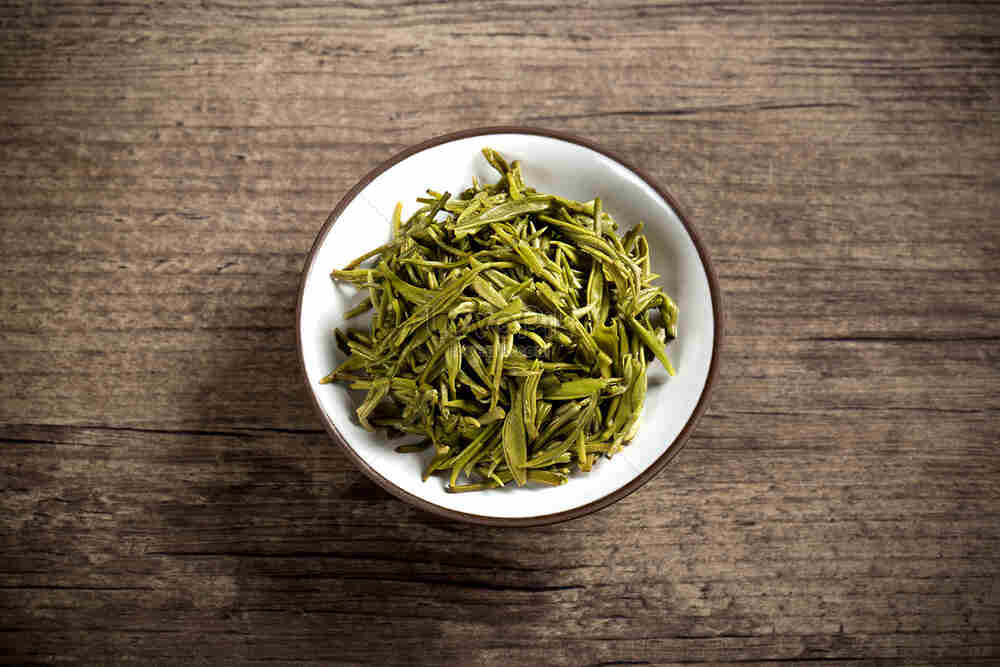
What Makes a Tea vs. an Herbal Infusion
To answer is green tea considered an herbal tea, we first need to clarify what we mean by “tea” and “herbal tea.” In botanical and tea industry language, true teas (sometimes just called “tea”) are beverages made from the leaves (and sometimes buds) of the Camellia sinensis plant. These include green tea, black tea, white tea and oolong tea.
On the other hand, what many people call “herbal tea” is technically an herbal infusion or tisane. These are drinks brewed from herbs, spices, flowers or other plants that are not Camellia sinensis. For example, chamomile, rooibos and mint teas fall into this category.
The distinction matters: “tea” has specific botanical origin, whereas “herbal tea” is a looser term for any plant‐based infusion. According to one tea‑type guide: “A fifth main category, herbal is technically not tea, as ‘herbal tea’ refers … to plants other than Camellia Sinensis.”
So when you ask is green tea considered an herbal tea, the answer hinges on the fact that green tea comes from Camellia sinensis, making it a true tea, not a herbal infusion.

Why Green Tea Isn’t Classified as an Herbal Tea
So let’s pull apart the statement: is green tea considered an herbal tea? Technically no — green tea is not classified as an herbal tea. Here’s why:
| Feature | Green Tea | Herbal Tea |
|---|---|---|
| Origin | From Camellia sinensis (true tea) | Made from herbs, flowers, fruits, roots (not tea plant) |
| Caffeine | Contains caffeine | Usually caffeine-free |
| Processing | Lightly oxidized tea leaves | Dried natural ingredients |
| Flavor | Grassy, earthy, slightly bitter | Floral, fruity, minty, or spicy |
| Main Benefits | Rich in antioxidants, supports metabolism & heart health | Soothes digestion, reduces stress, supports relaxation |
| Ideal For | Energy, focus, metabolism boost | Calmness, sleep, hydration |
| Example Types | Sencha, Matcha, Longjing | Chamomile, Peppermint, Hibiscus |

So When Could Green Tea Be Considered “Herbal”?
While green tea isn’t technically an herbal tea, there are situations where the line gets fuzzy. Here are some scenarios:
- Blends with herbs: If green tea is mixed with herbs, flowers or other plants, the resulting blend may be marketed as a “herbal green tea blend.” Here the dominant ingredient may still be Camellia sinensis, yet added herbs blur the classification.
- Marketing and everyday language: Many retailers label everything “tea,” including herbal infusions. A consumer seeing “green tea & herbal blend” might assume green tea is herbal — even though scientifically, it isn’t.
- Caffeine free variants: Some may assume that “herbal” means “no caffeine.” Since green tea does contain caffeine, it further differentiates it from typical caffeine‑free herbal infusions.
- Loose use of term “herbal”: Because “herbal tea” is widely used in popular language to mean “any hot plant‑based drink,” you’ll see green tea included. But from a tea expert’s viewpoint—strict classification says no.
So yes — in everyday speech one might call green tea “herbal,” but the definition of herbal tea doesn’t technically include green tea. Hence the answer to is green tea considered an herbal tea remains: not in a strict sense.

Practical Implications for Brewing, Caffeine & Health
Understanding whether is green tea considered an herbal tea isn’t just semantics—it has real‐world implications.
| Aspect | Green Tea | Herbal Tea | Key Takeaway |
|---|---|---|---|
| Type | True tea (Camellia sinensis) | Infusion of herbs, flowers, fruits | Green tea = true tea; herbal ≠ true tea |
| Caffeine | Moderate (≈ 20–30 mg/8 oz) | Usually caffeine-free | Choose herbal if avoiding caffeine |
| Benefits | Antioxidants, heart & metabolism support | Vary by herb—relaxation, digestion | Different plants = different benefits |
| Brewing | Lower temp, short steep | Can steep longer | Green tea needs more care |
| Best For | Energy & focus | Calm & caffeine-free option | Pick based on your goal |
Knowing that green tea falls in the “non‐herbal tea” category means you can make informed choices around flavor, effect and purpose.
FAQs
Q1: Is green tea considered an herbal tea because it’s made from leaves?
Not exactly. While green tea is made from leaves, it’s from the Camellia sinensis plant, making it a true tea rather than an herbal infusion.
Q2: Can green tea ever be caffeine‑free like many herbal teas?
Standard green tea contains caffeine. If you find a “decaf green tea” it’s been processed to reduce caffeine, but it still remains a true tea. Herbal teas often contain zero caffeine naturally.
Q3: If I buy a “herbal green tea blend,” is that green tea or herbal tea?
It’s a blend. If the base is Camellia sinensis, it’s a true tea with added herbs. If it’s purely herbs and no tea plant, then it’s a herbal infusion. Always check the ingredient list.
Q4: Does the classification affect health benefits?
Yes — because true teas like green tea contain specific compounds (catechins, polyphenols, caffeine) tied to health studies. Herbal infusions have their own profiles but differ in composition.
Conclusion
To wrap up: is green tea considered an herbal tea? In technical tea terms, the answer is no — green tea is a “true tea” made from the Camellia sinensis plant, not a herbal infusion made from other plant parts. That doesn’t make it better or worse — just different. Understanding this distinction helps you choose wisely whether you’re selecting a tasty warm drink, managing caffeine intake, or looking at health properties. Next time you reach for a cup, you’ll know: if it’s green tea, you’re sipping true tea—not just another herbal brew.
